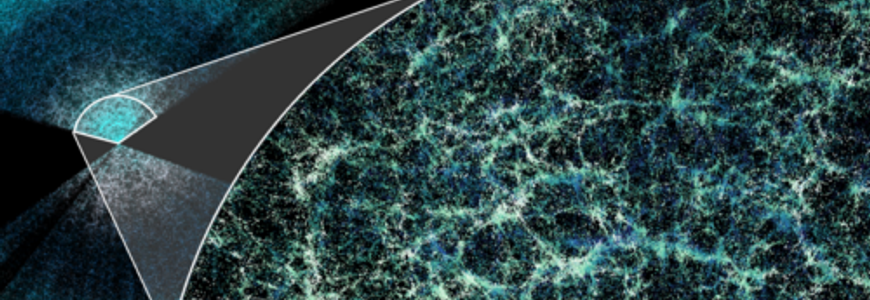Our Expanding Universe: The DESI Project's First Results
Science for the Public: Contemporary Science Issues & Innovations
WGBH Forum Network webinar
Tues, May 14, 2024
Paul Martini, Ph.D., Professor of Astronomy, Ohio State University
Understanding the accelerating expansion of our universe is one of the most important goals of modern astronomy. And it is a huge technical challenge. Paul Martini, with an international team of almost 500 researchers, built the unique telescope, the Dark Energy Spectroscopic Instrument (DESI), that captures (via spectrographs) light from galaxies and supermassive black holes (quasars) 11 billion light-years away. The first results are amazing, and provide the best measurement of dark energy and cosmic expansion that is currently possible. Dr. Martini describes the DESI project, its scientific significance, and the very exciting results so far.
Dr. Martini's research focus is observational cosmology and the formation and evolution of galaxies and supermassive black holes. He has served as Instrument Scientist in the design and testing of DESI. He is a rare scientist able to combine engineering and research skills.
The DESI project is supported by the Department of Energy Office of Science, with additional support from sponsors and participating institutions. More information is available at desi.lbl.gov”
Background on DESI
04/04/24 First Results from DESI Make the Most Precise Measurement of Our Expanding Universe
04/12/24 Massive Cosmic Map Suggests Dark Energy Is Even Weirder Than We Thought

